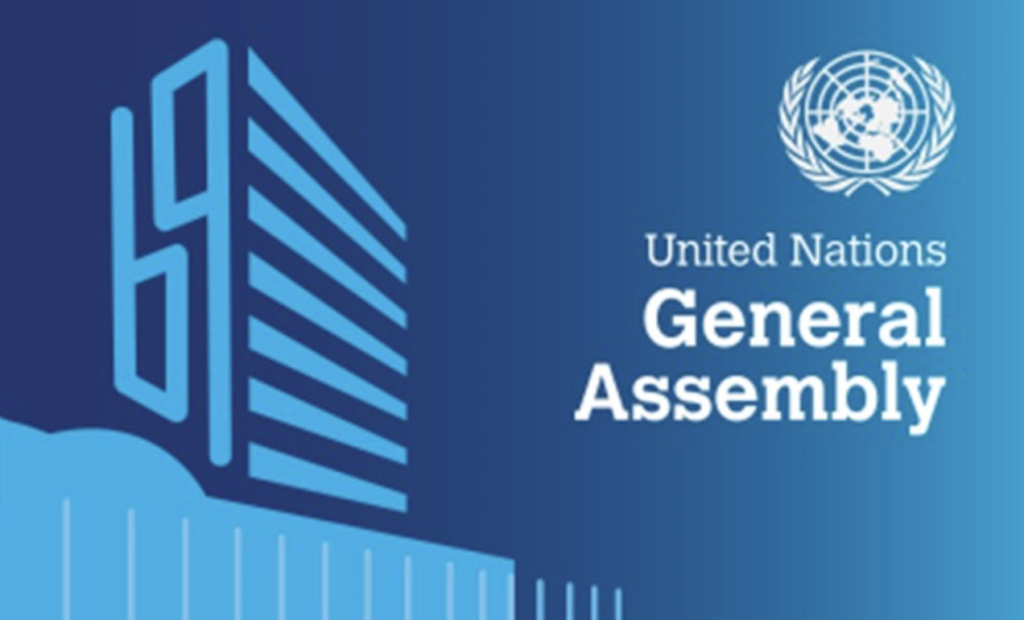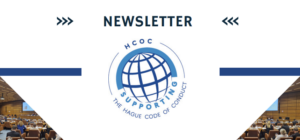Side event on HCoC in the margins of the UNGA 1st Committee
16 October 2014
On 16 October 2014, the FRS organised a side event on behalf of the European Union in support of the Hague Code of Conduct against Ballistic Missile Proliferation (HCoC) in the margins of the UNGA First Committee in New York.
The event took the form of a dinner comprising speeches from the Permanent Representative of the EU to the United Nations Office in New York, the Head of Global Disarmament, Conventional Arms, Space (EEAS), the Secretary General of the Foundation for Strategic Research, the Deputy Permanent Representative of Peru to the United Nations Office in New York, HCoC Chair, followed by a general discussion.

AGENDA
WELCOMING REMARKS
- Amb. Thomas MAYR-HARTING, Head of the Delegation of the European Union to the UN
I/ PRESENTATIONS
- Adebayo BABAJIDE, Head of Sector, Global Disarmament, Conventional Arms, Space, European External Action Service
Alexandre HOUDAYER, Secretary General, Fondation pour la Recherche Stratégique
DISCUSSION


